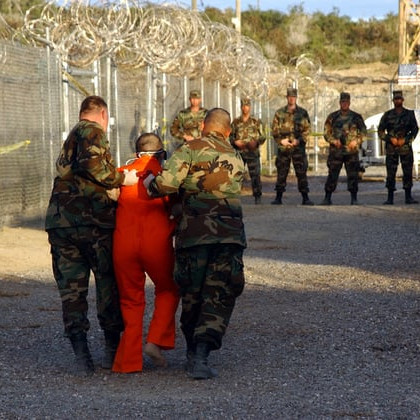Remembering 9/11
Key Facts & Timeline
-
Date of attacks: September 11, 2001.
-
Coordinated hijackings: 19 al-Qaeda operatives hijacked 4 commercial airliners.
• American Airlines Flight 11 struck the North Tower of the World Trade Center at 8:46 a.m.
• United Airlines Flight 175 struck the South Tower at 9:03 a.m.
• American Airlines Flight 77 struck the Pentagon at 9:37 a.m.
• United Airlines Flight 93 crashed in Pennsylvania at 10:03 a.m. after passengers resisted hijackers. -
Casualties: Nearly 3,000 people killed from over 90 nations, making it the deadliest terrorist attack on U.S. soil.
-
Immediate aftermath: Both World Trade Center towers collapsed, along with several surrounding buildings. Fires burned at the Pentagon for days.
-
First responders: Hundreds of firefighters, police officers, and medical workers died while rescuing civilians. (911memorial.org)
-
Long-term toll: Tens of thousands later developed health issues (respiratory disease, cancers) from exposure to toxic dust and debris. (wikipedia.org)
Context & Legacy
The attacks were orchestrated by al-Qaeda, led by Osama bin Laden, who claimed responsibility. The stated motive was opposition to U.S. foreign policy in the Middle East.
In response, the U.S. launched the “War on Terror”, invading Afghanistan in October 2001 to dismantle al-Qaeda and remove the Taliban from power. Later, the Iraq War (2003) was also framed by some leaders as part of the counterterrorism campaign.
At home, the U.S. passed the Patriot Act (2001), expanding government surveillance and counterterrorism powers. Security protocols transformed: airport screenings, intelligence-sharing, and creation of the Department of Homeland Security in 2002.
Globally, 9/11 reshaped politics, security, and perceptions of terrorism. Memorials stand today in New York, Washington, Pennsylvania, and beyond. Every year, moments of silence are observed to honor the lives lost.
Scriptural Perspective
The Bible acknowledges the deep grief of sudden loss. “Time and unforeseen occurrence befall them all” (Ecclesiastes 9:11). On 9/11, ordinary people going about their daily lives were cut off suddenly — a reminder of life’s fragility.
Jehovah promises comfort for the brokenhearted: “Jehovah is near to those broken at heart; and those crushed in spirit he saves” (Psalm 34:18). Families of victims, survivors, and first responders can find strength knowing that God sees their suffering.
More importantly, the hope of resurrection offers assurance that death does not have the final word: “There is going to be a resurrection of both the righteous and the unrighteous” (Acts 24:15). Under God’s Kingdom, such tragedies will never occur again, for “nation will not lift up sword against nation” (Isaiah 2:4).

The U.S. as Enforcer of International Human Rights
Key Facts & Historical Markers After World War I, the League of Nations was established in 1920 as the first international body aiming to prevent future wars and promote cooperation. […]

Abu Ghraib — U.S. Prisoner Abuse in Iraq
Key Facts & Historical Markers The Abu Ghraib prison scandal emerged in April 2004, when CBS News broadcast images of U.S. soldiers abusing Iraqi detainees, provoking global outrage. (wikipedia.org) (ccrjustice.org) […]

Guantánamo Bay — Indefinite Detention
Key Facts & TimelineOpened: January 11, 2002, under President George W. Bush, to detain terrorism suspects captured during the “war on terror.” (Wikipedia)Design: U.S. established the base in Cuba as […]




